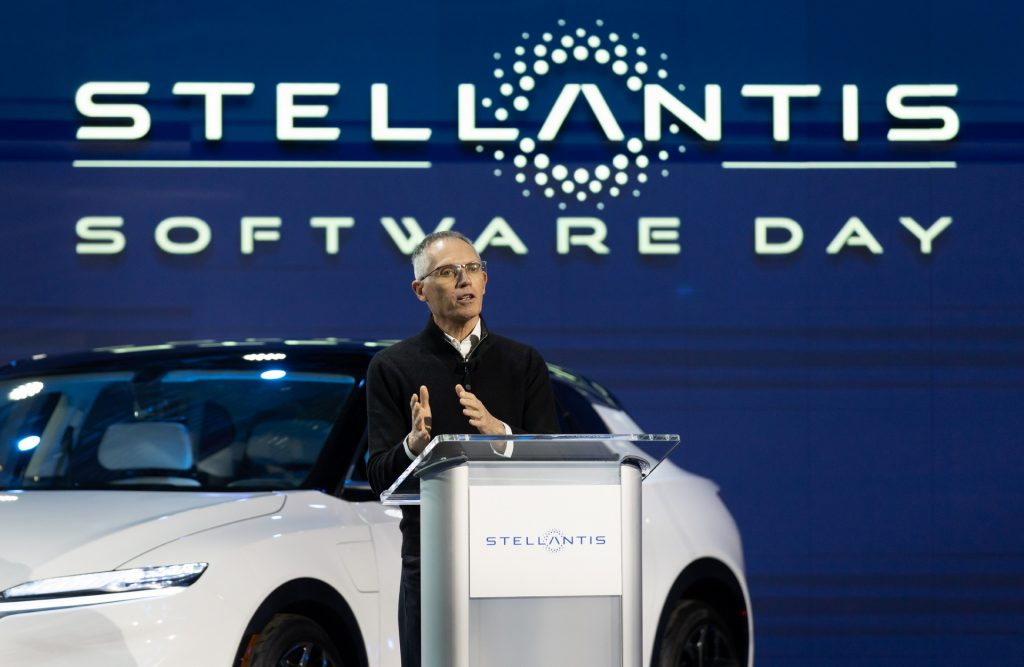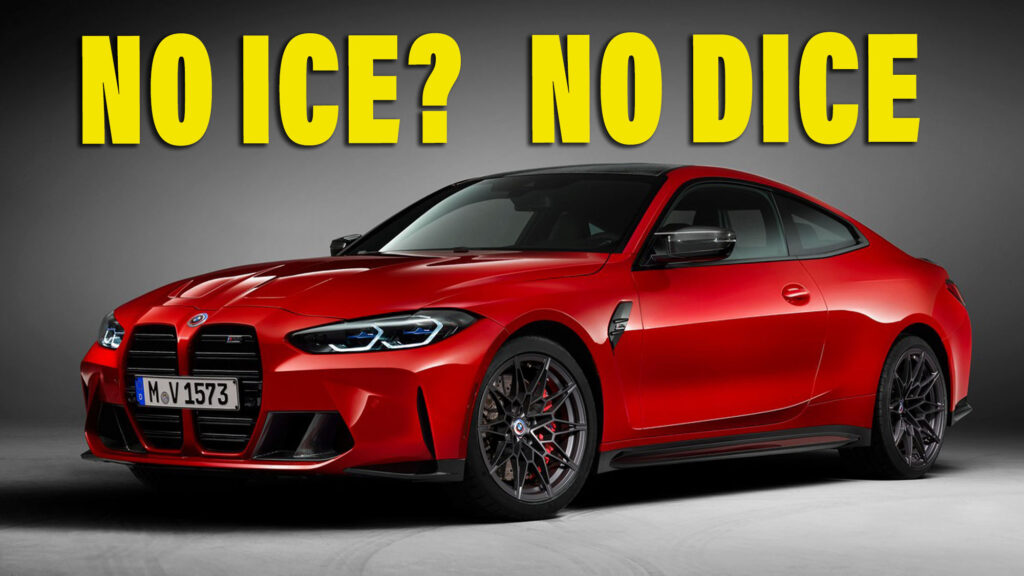The European Union’s 2022 vote to ban the sales of emissions-producing vehicles in 2035 appeared to have signed the death warrant for combustion-powered cars on the continent. But now it looks like ICE tech might get a last-minute reprieve after Germany and Italy threatened to block the plan.
Both countries want allowances made for vehicles that use synthetic fuels that are climate neutral, and they’re not alone. Both Poland and Hungary are also opposed to the existing plan that demands automakers sell only zero-emissions vehicles in Europe by the middle of the next decade.
That plan was due to be signed off by the European Council next week, an occasion that was expected to pass without incident given that the EU member states had already voted to provisionally back the proposal last year, and the European Parliament formally approved it last month. But Germany, whose powerful car industry is a significant contributor to the nation’s economy, said it can’t give approval to the plan unless the European Commission makes a concession for synthetic fuels.
“We need e-fuels as there is no alternative if we want to operate our vehicle fleet in a climate-neutral way,” Bloomberg reports German Transport Minister Volker Wissing telling broadcaster ARD. “[We] must keep all technological options open and also use them. I don’t understand this fight against the car and why people want to ban some technologies.”
Related: Italy Says EU’s 2035 ICE Ban ‘Makes No Sense’

That’s a view echoed by several automakers. While Volkswagen has pledged to become an EV-only brand on the continent by 2033, other companies, including BMW and Porsche, believe it’s a mistake to back only one power source, and think a multi-energy plan that includes battery, combustion and hydrogen options is a better bet. Stellantis boss Carlos Tavares has also come out against a single-minded focus on electric power.
Vehicles powered by combustion engines running on synthetic fuels still generate emissions, but these so-called e-fuels can be made using captured CO2 emissions, which supporters argue balances out the CO2 produced from the tailpipe and makes the fuel CO2-neutral.




